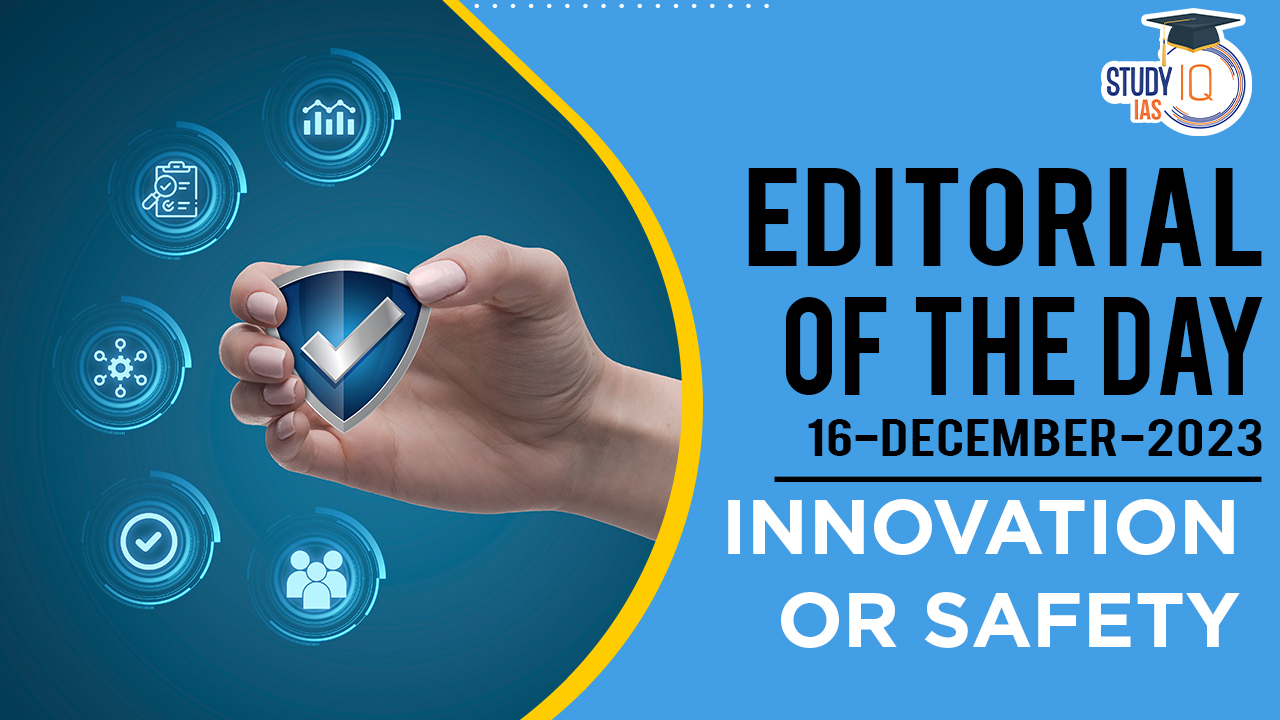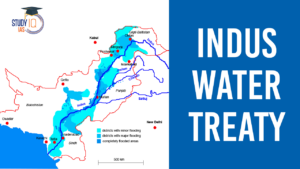Table of Contents
Context: The Global Partnership on Artificial Intelligence (GPAI), an alliance of 29 countries, recently adopted the New Delhi declaration, emphasising the need to manage risks from AI development and deployment while promoting equitable access to AI resources.
About New Delhi Declaration
- Acknowledgement of AI’s potential for economic growth, innovation, and job creation across various sectors.
- Advocacy for a global AI framework based on democratic values and human rights, including personal data protection, intellectual property rights, privacy, security, innovation, and trustworthy AI use.
- Promotion of equitable access to AI innovation resources like computing, datasets, algorithms, and software.
- Support for AI innovation in agriculture as a new thematic priority.
- Commitment to diverse membership in GPAI, especially from low- and middle-income countries, to incorporate a broad range of expertise and values.
- Senegal’s elevation to the GPAI steering committee.
We’re now on WhatsApp. Click to Join
New Delhi DeclarationIs Vs Bletchley Declaration
- Focus: New Delhi prioritises AI’s economic potential and mitigating harm, while Bletchley emphasises security and safety risks.
- Tone: New Delhi is optimistic, seeing AI as inherently good, while Bletchley acknowledges the potential for “serious, even catastrophic harm” from advanced AI.
- Scope: New Delhi focuses on broader applications like agriculture and healthcare, while Bletchley considers both frontier AI and broader risks including bias and privacy.
India’s stance on AI regulation
- Previous Stance: Initially hesitant towards AI regulation, citing its beneficial role in innovation and the digital ecosystem.
- Turning Point: Deepfake issues and concerns about AI-based misinformation triggered a shift towards legislative action.
- Current Approach: Embracing a “risk-based, user-harm” approach, considering new laws or amendments to existing rules.
- Ambition: Collaboration with international bodies and other countries to create a global framework for responsible AI use.
Reasons for Change
- Growing awareness of AI’s potential dangers: Deepfakes and misinformation highlighted the real-world threats posed by misuse.
- Evolving global conversation: International declarations like Bletchley and discussions on regulations put pressure on India to act.
- Balancing innovation and harm mitigation: The goal is to support beneficial AI development while protecting citizens from potential harm.


 Indus Water Treaty 1960 Suspended by Ind...
Indus Water Treaty 1960 Suspended by Ind...
 5 Years of SVAMITVA Scheme and Its Benef...
5 Years of SVAMITVA Scheme and Its Benef...
 Places in News for UPSC 2025 for Prelims...
Places in News for UPSC 2025 for Prelims...





















